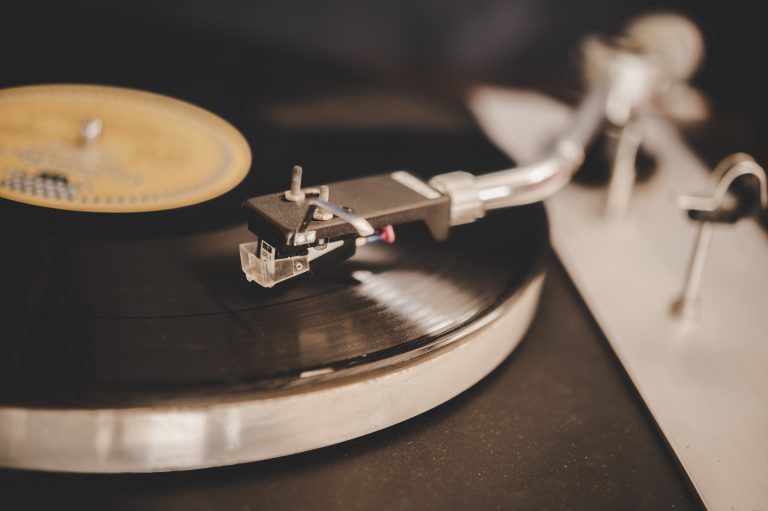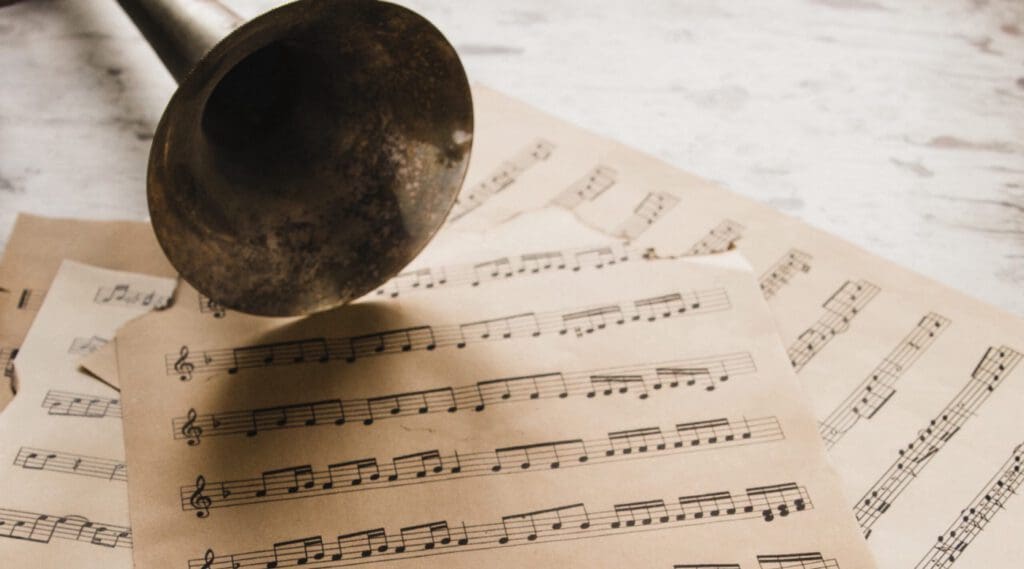If there is that one escape, one utopia and one common string that harmoniously binds all the pieces of the fragmented world of the 21st century, then it inevitably, has to be music. Music is that plethora of wonders which indeed overwhelms us, but in a positive way and under no circumstances, can we imagine a life without the melodious tunes that are so intimate and personal to our hearts; it can be equated with the much-needed respite that one experiences when hopping on to a soft, warm bed after a long and tiring day at work. However, there is a very thin line that differentiates poems from music and more often than not, the passions and versatile tones that characterize the former can confuse some for music but, let us also not steer away from accepting that the choice of music is very subjective and thus, we can only restrict our discussion to the pieces that truly and glaringly uphold the components of music.
The first traces of music
The question here is so where does music come from? At which point significantly did it happen to our ancestors that they must fabricate something that derives its character equally from the elements of tune and verses? There have been several scientific studies conducted over the years to identify the inception of music; the researchers went back to even analyzing the skulls and jaws of the early apes to discover whether they were capable of producing sounds vocally and even if they were, what exactly was the purpose. Nevertheless, given the overall discrepancies regarding the same, we cannot strongly affirm their acquaintance with music but, we can at least tread a few years ahead and take into consideration the tendencies that governed compositions then.

Before we move on to anything else, let us tell you that like language, it too abides by some rules, but the only distinguishing fact here is that melody is not wholly bound to them; depending upon the requirements, they can be molded or amended to fit the arrangement. According to the claims of Charles Darwin in ‘The Descent of Man’, music was fashioned by the prime forbearers of certain species to please their potential mates. Nonetheless, another group of scientists has dismissed this assertion and have furnished that music came into being as a result of coordinated territorial defense vocalizations, mostly among animals.
The purpose of its inception
Quite distinct from all these above-mentioned derivations, music is much more than a trait, like technology, it has its own theories and specifications- it is in most cases, a happy outcome of the prevalent variations which were profoundly soothing and had no relevant trails. Like we have already mentioned in the section above that leaving aside everything, there are a few particulars that music must conform to, and they are rhythm, pitch, harmony, melody, timbre and the like which, in turn, are different in their own ways from one another. Music fundamentally unites the different cultures of man and, by nature, it is the foreteller of human qualities and disposition. This is the reason why researchers have probed deeper into the trends of music and tried to evaluate how or why, even when music hails from unalike sources, does it trigger the same set of emotions.
The potential changes that music can introduce
According to some cognitive neuroscientists, there are some words that sound and feel like the same thing that they represent, and this is the verity that creates all the difference. We will serve you with an instance here; when you are at the mall, there are times when you come across funky and upbeat music, something that is constituted by a speedy tempo, especially when there is a large crowd. The motive behind this is to get the customers going – when the beats are loud and fast, the common human instinct is to strike a match with the rhythms so that the potential consumers pick their products a clear out the area for the rest of them to explore the shops. Therefore, music has a psychological connect and scientists are of the opinion that these kinds of mapping were utilized by our ancestors to communicate their feelings and decode messages from other groups even before language was discovered.

Earlier people used to clap their hands and tap their feet to create varying rhythms but soon, their equipment of choice evolved; they started looking for instruments that would echo different music such as woods, reeds, bones of birds, wings and the like. For example, when people lived in caves, they had a thing known by the name of “rock gongs” which dates to 12,000 years ago – here the men produced the sounds and the walls of the empty caves were their ideal resonators.
The bottom line
Now, all that we have mentioned in the preceding segment belongs to a time when none of these details were imprinted in the pages of history; if we are to trace music that comprises words and melodies, we will have to consider the period when the Church started gaining power and used music as their ultimate medium to propagate the teachings of Bible. The church officials realized that if they had to successfully circulate the insights, they will have to fall back on something that can be thoroughly remembered by the memory and reproduced when the right time arrives and in what better way could have this rudiment been fulfilled other than music? Formulating music that stuck to solid laws and gestures came much later with the discovery of the printing press, where the musicians had the privilege to write down everything that they fashioned and passed it onto the later generations.
Above all, as per our understanding, the dominant reason that led to the basic foundation of music was to bring people closer to one another and bind them on common ground. It injects the qualities of exceptional even when we are engaged in the most mundane activities; hence, it can be safely suggested that music played a major role in constructing society and its families.
Today, with Piano2Notes, no matter where people come from, no matter what language they speak, it is possible for anyone to transcribe and enjoy playing any kind of music and connect with one another through it.

